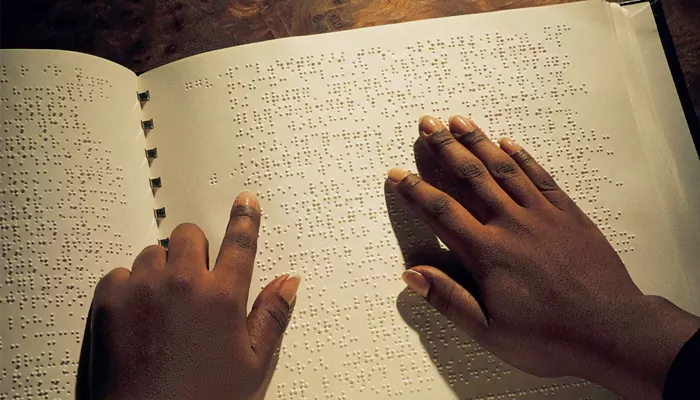Beyond the Hype: Debunking Myths about Artificial Intelligence as AI Users Doubled in Last 6 Months
- Admin
- 1 year ago
- 3 minutes read
Undoubtedly, there were fear and controversies about AI, which exist till date, but efficiency and acceptability have also increased.
According to “2024 Work Trend Index Annual Report” by Microsoft and LinkedIn: “The number of people using AI has nearly doubled in the last six months and around 75 per cent of global knowledge workers are using AI at workplaces.” The survey showed increasing reliance on artificial intelligence by employees to maintain the volume of work and overwhelming pace. In this article, we will debunk some common myths by about artificial intelligence (AI).
Myth: AI is Self-aware & Sentient.
Fact: AI systems don't possess consciousness or self-awareness. There is no cognitive abilities installed in AI system to think independently. AI only operate based on programmed data by humans.

Myth: AI is Error-free.
Fact: No, not at all! AI systems can make errors. It depends on the training data, if it is inaccurate, then the program is set to be biased or error-prone. So, there is a need for designing algorithms robustly.
Myth: AI is Able to Solve Problems Without Understanding the Problem.
Fact: Generally, AI models are developed for specific tasks but they lack general intelligence like human beings. So, one Specialized AI model may find it difficult to solve any problem outside their training data.
Myth: AI can Operate Independent of Human Values.
Fact: AI represents the values embedded in its data it was trained on. So, if there is any ethical concerns, the human being is to blame for that.
Myth: AI possesses the power of understanding context like humans do.
Fact: This is totally false. AI don't have the potential to understand the context like humans. AI depends on patterns and correlations in programming. To identify any meaning, there is a requirement of deep contextual understanding, which AI lacks.

Myth: AI Totally Eliminate the Requirements for Human Expertise.
Fact: AI has the potential to automate certain tasks. But, it can never replace the requirement of human expertise including decision-making and judgment. AI is developed to support and enhance our capability by handling hard and complicated tasks. Ultimately, a human is needed to train the AI model.
Myth: AI has Emotions.
Fact: No, AI don't possess emotional experiences and feelings. It can only be trained to find out and simulate emotions based on certain inputs.
MYTH: AI will Replace Human Creativity.
Fact: No, this is not going to happen. AI can never replace human creativity. AI is designed to assist in creative works, but it does not possess any creativity or original thought. Actually, this led to a huge confusion. There is long-standing debate if AI will take away jobs or not. According to the World Economic Forum’s “The Future of Jobs Report 2020” report: “AI is expected to replace 85 million jobs worldwide by 2025. It will also create 97 million new jobs in that same timeframe.”
According to some industry experts, following are the sectors which will be affected by AI: customer service, computer programmer, research analyst, paralegal, warehouse, financial trading, travel advisor, content writing, graphic design, and so on. LinkedIn survey in the US showed “A 14 per cent increase in job applications per role since last fall, with 85 per cent of professionals contemplating a job change this year.”

There are several other profession, where there will be no effect of AI: teaching, social work, nurse, therapist, lawyer, HR specialist, creative content creation including artist. Human innovation and ability to think go beyond the capabilities of AI systems.
Stay away from these misconceptions as gradually artificial intelligence will modify every aspect of work.












